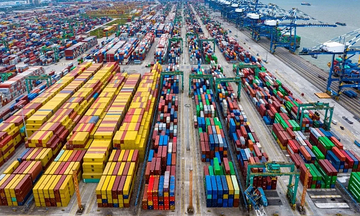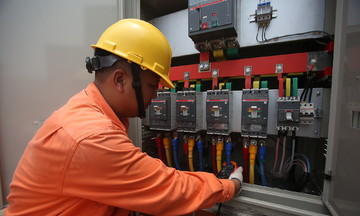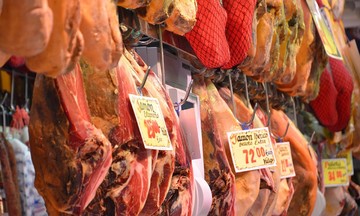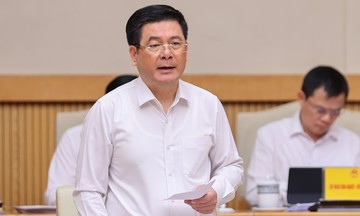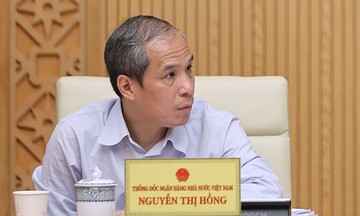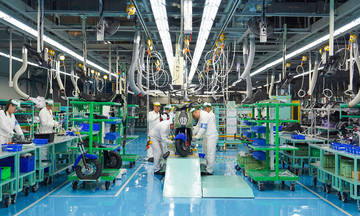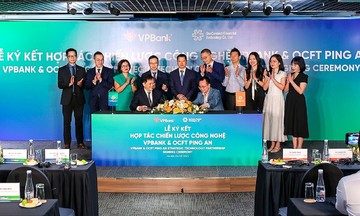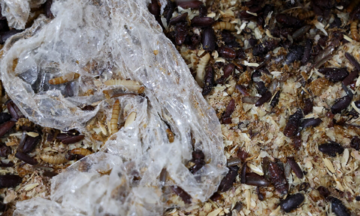On 4/9, the Binh Son Refining and Petrochemical Joint Stock Company (BSR) announced that its subsidiary, BSR-BF, is recruiting 120 engineers and workers to prepare for the plant's reopening.
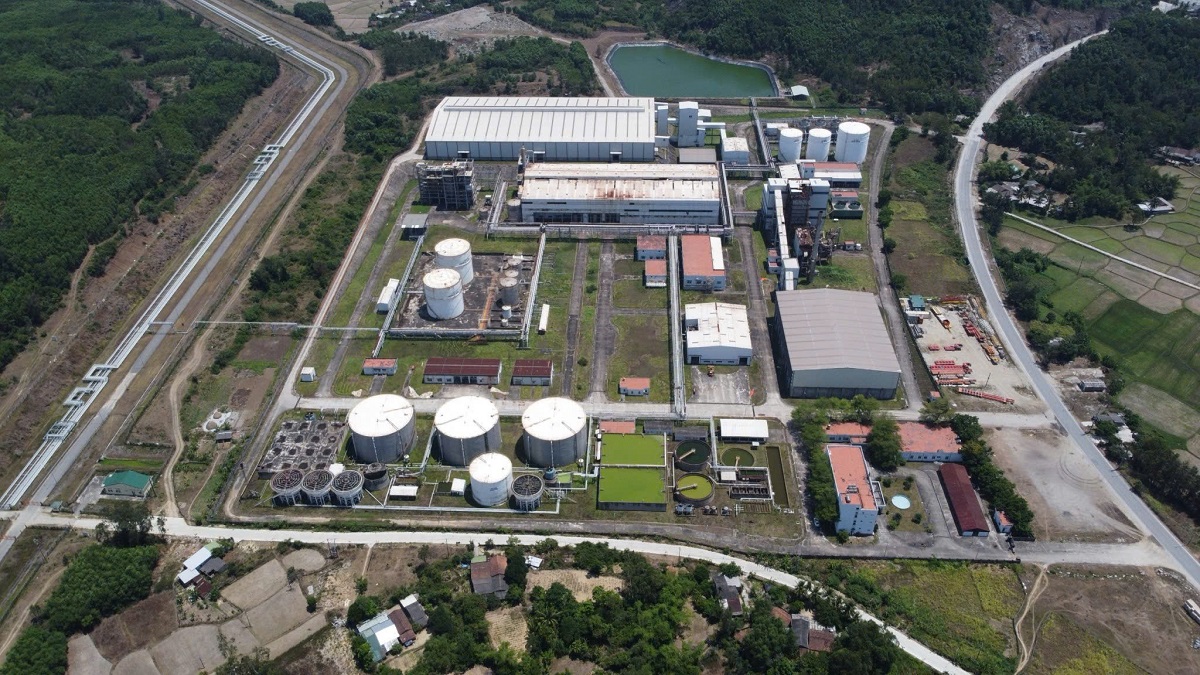 |
Dung Quat Ethanol Plant. Photo: Pham Linh |
Dung Quat Ethanol Plant. Photo: Pham Linh
Vietnam National Oil and Gas Group (PetroVietnam) and BSR have been working to restore bioethanol production plants, including Dung Quat, to meet the rising demand for E10 gasoline and fulfill their commitment to net-zero emissions by 2050.
During an inspection of maintenance work at the plant last week, BSR general director Nguyen Viet Thang was informed by the director of BSR-BF that maintenance is expected to be completed before 31/10. The main power station has been activated to supply electricity to the entire plant, and units are now focused on the steam and power workshop. The plant is expected to officially restart in November.
With a capacity of 100 million liters per year, using dried cassava chips as its primary material, the Dung Quat bioethanol plant, along with the Dung Quat oil refinery, will play a key role in supplying biofuel to central Vietnam, contributing to energy security, emissions reduction, and the development of clean, environmentally friendly fuel, according to BSR.
According to a proposal by the Ministry of Industry and Trade, from the beginning of 2026 to 2030, all gasoline blended and sold for use in gasoline-powered vehicles nationwide will be E10. From the beginning of 2031, it will be E15 or another biofuel blend ratio specified by the Minister of Industry and Trade.
With domestic gasoline consumption of about 12-15 million cubic meters per year, the demand for ethanol to blend E10 gasoline is estimated at about 1.2-1.5 million cubic meters per year. However, current domestic production capacity only meets 40% of this demand; the rest must be imported. Therefore, the reopening of plants like the Dung Quat bioethanol plant is considered essential.
The Dung Quat bioethanol plant project began construction in 2009 with an investment of over 2,200 billion VND. After trial operations in 2012 and a brief period of commercial operation in 2014, the plant experienced losses due to rising input material prices and an underdeveloped domestic ethanol market. Operations ceased in 2015. In 2018, PetroVietnam transferred management of the plant to BSR.
Pham Linh



